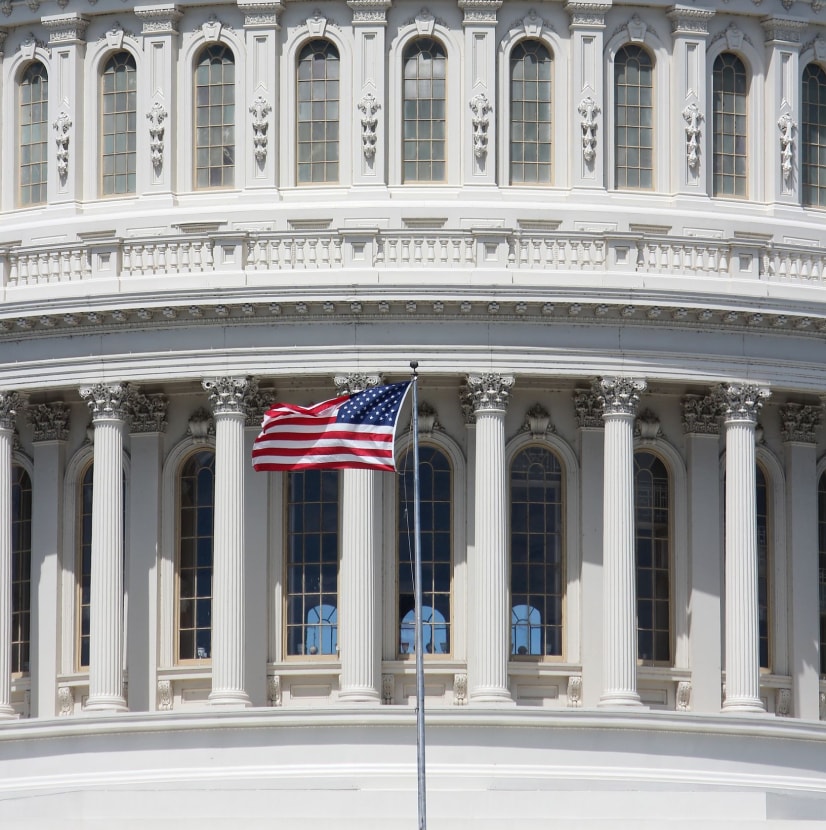Article V
Calling for a
Convention

Article V
Calling for a Convention
While there has been no direct test of the Article V state convention application process, some secondary implications of Supreme Court rulings, the text of Article V, and the writings of the original architects of Article V do give insight and reasonable clarity into the process.
Article V states that “on the application of the legislatures of two thirds of the several states, [Congress] shall call a convention for proposing amendments”. The phrase “application of the legislatures” indicates the need for some kind of cohesive, unified application. The phrase refers to a singular “application” rather than the plural, or many different ones from the various states. For this reason, it is unlikely that unrelated applications could be aggregated by Congress in order to reach the two-thirds threshold. There likely must be some degree of unity behind the application of the legislatures.
It is not certain as to what exactly would be the minimum requirement to constitute this singular “application of the states”, however, time and purpose would likely be considered. This is confirmed by the fact that nearly all 50 states have at some point submitted applications to Congress for a convention, yet Congress has not chosen to call one. The specified purpose of the convention would also need to be uniform. For example, applications for a convention of the states to discuss a term limits amendment likely could not be aggregated with applications for a convention of the states to discuss a different amendment, or even an unspecified amendment.
Article V clearly states that Congress “shall” call a convention when the two-thirds threshold has been met, leaving Congress no option but to call for the convention, it is still plausible that Congress could refuse to call for a convention, potentially based on the grounds that it did not receive a singular application from the states. It is uncertain whether the Supreme Court could assert jurisdiction over a legal challenge to Congress if Congress so refuses its obligation to call for a Convention to Article V. It is therefore prudent to minimize any chance Congress would be able to justify a refusal. The way to ensure this, and alleviate other concerns, is to create an interstate compact to govern the application process and the convention itself.
Stay updated and informed on term limits
We will process the personal data you have supplied in accordance with our privacy policy.